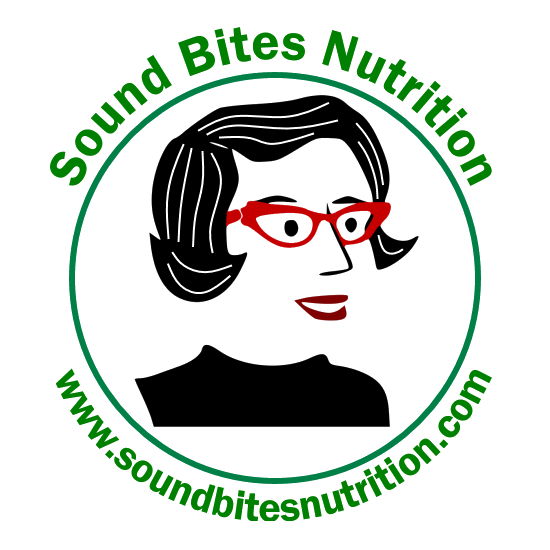Reducing High Blood Pressure
 In honor of Minority Health Month, we thought it appropriate to focus on reducing the risk of high blood pressure, which affects African American women the most according to 2010 CDC statistics. Reducing blood pressure is not just about taking the salt shaker off the table. Many other nutrients play an important role in reducing risk. Eat responsibly! Bite this:
In honor of Minority Health Month, we thought it appropriate to focus on reducing the risk of high blood pressure, which affects African American women the most according to 2010 CDC statistics. Reducing blood pressure is not just about taking the salt shaker off the table. Many other nutrients play an important role in reducing risk. Eat responsibly! Bite this:
- Whole grains. Whole grain foods such as oatmeal, bran flakes, 100% whole wheat pasta and bread and brown rice are high in magnesium, a nutrient found to reduce blood pressure. Aim for a minimum of 3 servings per day.
- Orange fruits & vegetables. Oranges, melon, sweet potatoes, peaches & mango are loaded with potassium, which helps regulate blood pressure. Choose a variety daily.
- Dark green vegetables. The darker, the better. Go for kale, Brussels sprouts, broccoli, romaine lettuce and asparagus. All are low in calories, but a great source of potassium.
- Less food. Being overweight or obese is a risk factor for high blood pressure. You may be able to reduce or go off blood pressure medication just by losing 10% of your body weight.
- Dairy products. African Americans are more likely to suffer lactose intolerance, which is a shame. Calcium and vitamin D both help lower blood pressure. Try yogurt if you can't handle milk. It's higher in calcium and can be digested easier because of the bacteria. .
Not that:
- Fast food. Fast food is not only high in calories and fat it also tends to be extremely high in sodium. If you must eat it, choose plain burgers and salads without extra bacon and ham. Limit salad dressing also, or choose oil & vinegar when available.
- Saturated fat. Bacon, beef, butter and full fat dairy products (read cheese, sour cream and ice cream) are full of saturated/solid fat, which is more likely to clog arteries. Limit these types of fat and choose lower fat versions of your favorites when possible.
- Processed food. Canned soup, lunch meat and frozen entrees are less nutritious than food prepare from scratch and tend to be higher in sodium and fat. Read labels and choose lower sodium options whenever possible.
- Sugar. Sugar doesn't cause high blood pressure, but research suggests that a diet containing excess sugar may lead to weight gain, which does affect blood pressure. Limit regular soda, candy, sweetened beverages and desserts.
- Booze. While it's perfectly appropriate to enjoy an adult beverage in moderation (1 drink/day for women, 2 drinks/day for men), overindulging in alcohol has its consequences. Too much alcohol raises blood pressure. If you don't drink, don't start. And if you do, drink responsibly.
.
